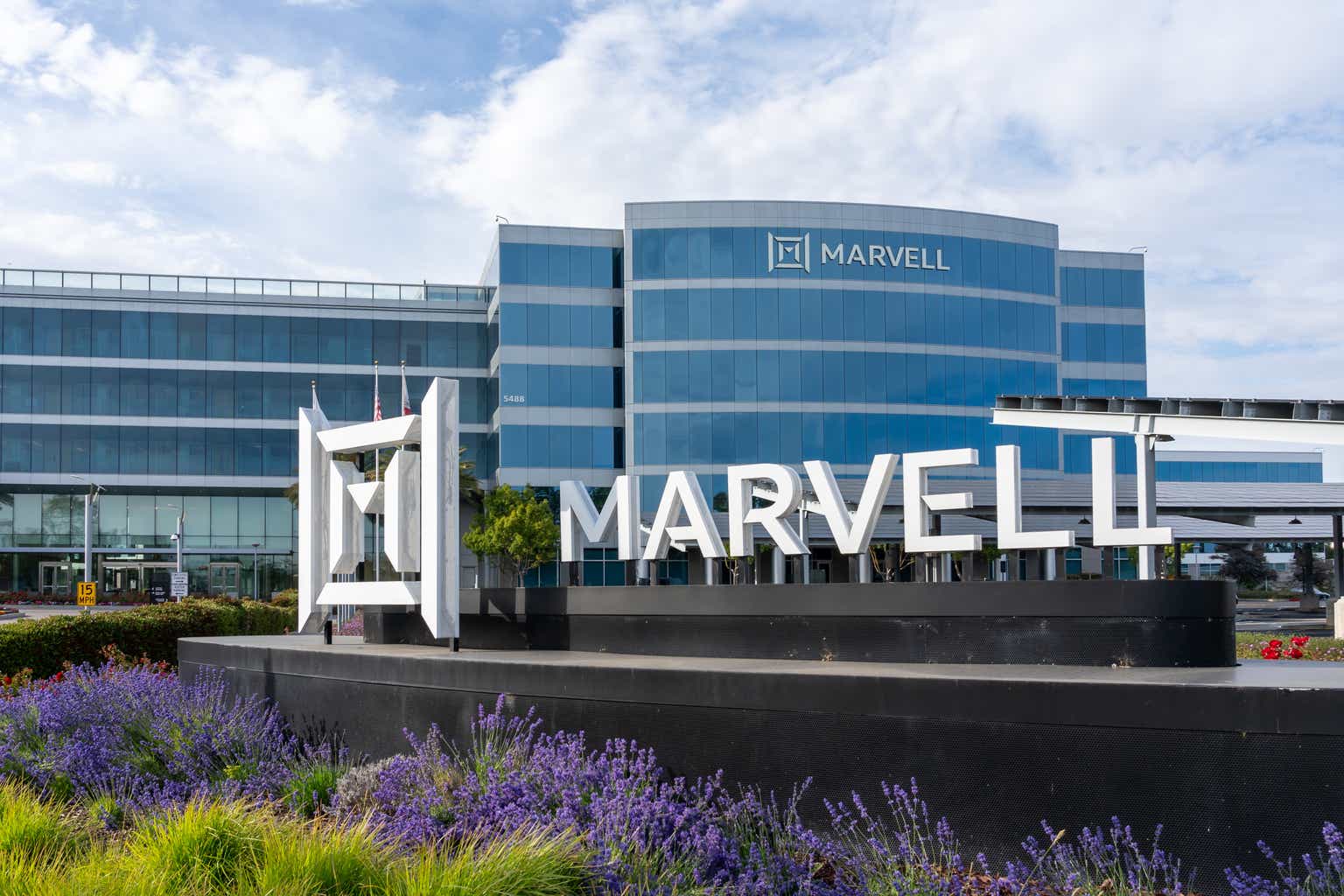Pope Leo Calls for Ethical AI: A Modern Echo of Social Justice for the Digital Age

In a surprising yet significant move, Pope Leo has entered the debate surrounding artificial intelligence (AI) regulation. Addressing a gathering of leading tech executives, the pontiff championed the development of an ethical AI framework, drawing parallels to the social justice advocacy of his namesake, Pope Leo XIII, who championed workers' rights over a century ago. This call for responsible AI development signals a growing concern within the Vatican about the potential societal impacts of rapidly advancing technology.
The modern Pope Leo’s intervention comes at a critical juncture. AI is increasingly integrated into every facet of our lives, from healthcare and finance to education and entertainment. While the potential benefits are immense – increased efficiency, groundbreaking discoveries, and solutions to global challenges – the risks are equally substantial. Concerns about bias in algorithms, job displacement, privacy violations, and the potential for misuse are mounting.
“Just as my predecessor, Pope Leo XIII, spoke out against the exploitation of workers in the industrial age, we must now address the potential for AI to exacerbate existing inequalities and create new forms of injustice,” the Pope stated. He emphasized the need for a framework that prioritizes human dignity, fairness, and transparency in the development and deployment of AI systems.
The Pope's message resonated with many in the audience, though some tech leaders expressed concerns about the practical challenges of implementing such a framework. Defining 'ethical AI' is inherently complex, as values and priorities can vary across cultures and individuals. However, the Pope stressed that the pursuit of ethical AI is not merely a matter of compliance but a moral imperative.
He outlined several key principles that should guide the development of an ethical AI framework:
- Human-Centered Design: AI should be designed to serve humanity, not the other way around.
- Fairness and Non-Discrimination: Algorithms should be free from bias and ensure equitable outcomes for all.
- Transparency and Explainability: AI decision-making processes should be transparent and understandable.
- Accountability and Responsibility: Clear lines of accountability should be established for the actions of AI systems.
- Privacy and Data Protection: Robust safeguards should be in place to protect personal data.
The Pope's call for an ethical AI framework is a powerful reminder that technological progress must be guided by ethical considerations. It challenges the tech industry to move beyond a purely profit-driven approach and embrace a vision of AI that benefits all of humanity. The echoes of Pope Leo XIII's social justice advocacy are clear: the pursuit of a just and equitable society requires constant vigilance and a willingness to challenge the status quo, even in the face of rapid technological change. The Vatican's involvement underscores the growing recognition that AI ethics is not just a technical issue, but a profound moral one that demands the attention of leaders across all sectors of society. This intervention is likely to spur further debate and action on AI ethics, both within the tech industry and beyond.
The challenge now lies in translating these principles into concrete policies and practices. Collaboration between governments, industry, academia, and civil society will be essential to ensure that AI is developed and deployed responsibly, for the common good.





